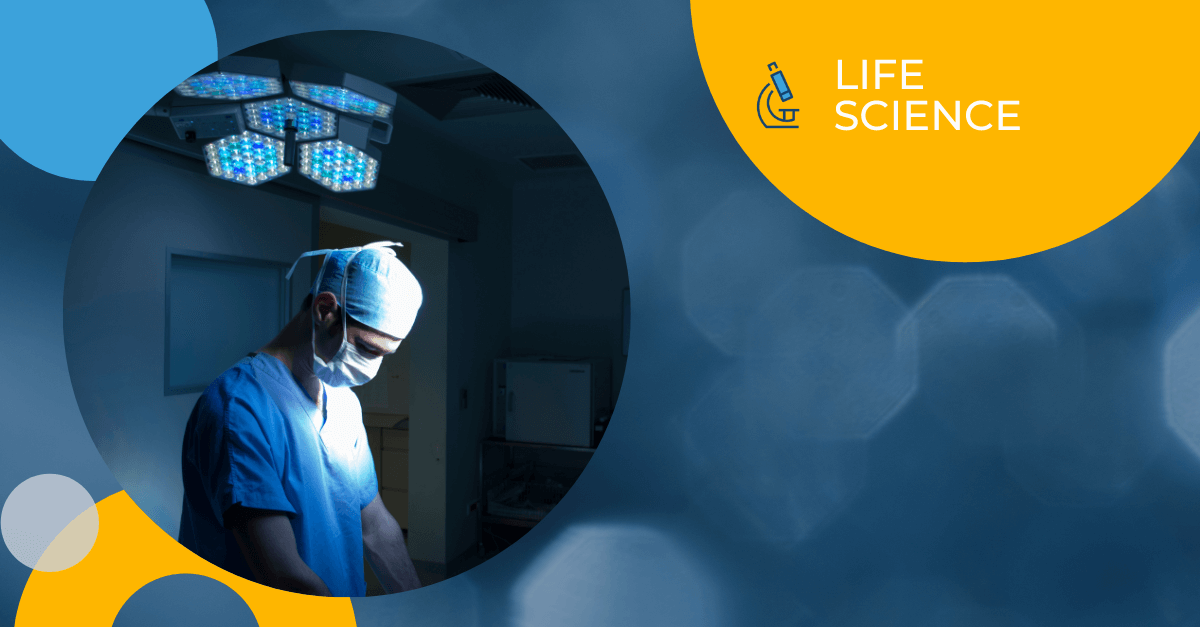Medical translations are a specialization that require high-quality work. There is zero tolerance for error — even a missing decimal point on a document could cause harm or death. That’s why it is absolutely critical to work with a medical translation company certified to the latest ISO standards. Applying for these certifications is voluntary and time-consuming, not to mention expensive, so not every translation company chooses to complete the process. Those that do are providing you with a signed commitment to delivering first-rate products/services, and that should give you confidence in the company. Now let’s take a look at three ISO standards that a medical translation company should have and the value that they bring.
Three Key ISO Certifications
A translation company that specializes in medical document translations (e.g. clinical trial documents, regulatory submissions, or labeling & instructions) should have the following ISO certifications:
- ISO 9001:2015 – This is an internationally recognized standard that outlines general processes and procedures for maintaining a quality management system (QMS). It applies to any business in any industry.
- ISO 17100:2015 – This standard is intended specifically for translation service providers. It outlines specific processes, resource requirements and other stringent guidelines for the delivery of high-quality translation services.
- ISO 13485:2016 – This standard defines the requirements of a QMS for companies that are in the medical device industry. It outlines obligations for manufacturers and service providers to monitor and control both internal processes and outsourced processes that affect product quality. This is where translation and localization companies come in – if a medical device manufacturer outsources their translation process, the manufacturer must be accountable for their supplier. Thus, many large medical companies will also require their translation company to have achieved ISO 13485:2016 certification.
What is a QMS?
A QMS is a formalized quality management system that documents processes, procedures and responsibilities for meeting quality objectives. A QMS provides many benefits, including improved processes, reduced waste, reduced costs, and optimized resources. In addition, a QMS directs a company in how to best achieve customer requirements. To obtain ISO certifications, and to get re-certified, a company must have good management and quality practices.
A Deep Commitment to Clients in the Medical Industry
Obtaining the three ISO certifications above, especially ISO 13485:2016, shows that a company is deeply committed to serving the medical device market. To obtain the certifications, a company must meet the strict requirements of the standard, go through a rigorous auditing process and become re-certified on a routine basis. It’s a laborious process that requires significant resources and regular maintenance. It’s also a voluntary process, so a company that obtains these certifications shows a true commitment to quality control.
Translation Tools and Technologies Drive Efficiency
As part of their QMS, a translation company should have professional translation tools and technologies such as:
- Translation memory (TM) – A translation memory is a repository of original content and the translated versions of that content. A TM reduces costs, increases consistency and reduces time to market.
- Terminology management and glossary tools – These tools manage client-specific terminology, including branded terms, products/services and industry terms. Managing terminology helps to maintain consistency across translations, while simultaneously reducing costs and time to market.
- Client Platforms – A client portal (or platform) is a tool for clients to access and manage their translation projects at any time. Portals usually have features such as initiating and tracking projects, communicating with team members and downloading reports.
These types of tools drive process efficiency and bring numerous benefits to clients and the company.
About Us
At Morningside, we’ve been providing high-quality medical translation services for over 20 years and we have obtained all three of the critical ISO certifications described above. Our quality assurance process includes many layers of controls, including editing and proofing with built-in redundancies. To learn more about our high-quality translations, contact us today.


